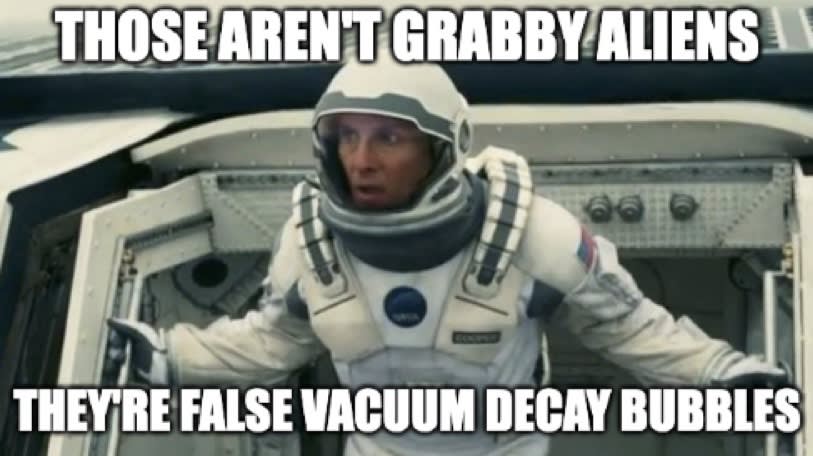I’m vulnerable to occasionally losing hours of my most productive time “spinning my wheels”: working on sub-projects I later realize don’t need to exist.
Elon Musk gives the most lucid naming of this problem in the below clip. He has a 5 step process which nails a lot of best practices I’ve heard from others and more. It sounds kind of dull and obvious to write down, but somehow I think staring at the steps will actually help. Its also phrased somewhat specifically to building physical stuff, but I think there is a generic version of each. I’m going to try implementing on my next engineering project.
The explanation is meandering (though with some great examples I recommend listening to!) so I did my best attempt to quickly paraphrase them here:
The Elon Process:
- “Make your requirements less dumb. Your requirements are definitely dumb.” Beware especially requirements from smart people because you will question them less.
- Delete a part, process step or feature. If you aren’t adding 10% of deleted things back in, you aren’t deleting enough.
- Optimize and simplify the remaining components.
- Accelerate your cycle time. You can definitely go faster.
- Automate.
(13:30-28)
Empirical differential tech development?
Many longtermist questions related to dangers from emerging tech can be reduced to “what interventions would cause technology X to be deployed before/ N years earlier than/ instead of technology Y”.
In, biosecurity, my focus area, an example of this would be something like "how can we cause DNA synthesis screening to be deployed before desktop synthesizers are widespread?"
It seems a bit cheap to say that AI safety boils down to causing an aligned AGI before an unaligned, but it kind of basically does, and I suspect that as more of the open questions get worked out in AI strategy/ policy/ deployment there will end up being at least some examples of well defined subproblems like the above.
Bostrom calls this differential technology development. I personally prefer "deliberate technology development", but call it DTD and whatever. My point is, it seems really useful to have general principles for how to approach problems like this, and I've been unable to find much work, either theoretical or empirical, trying to establish such principles. I don't know exactly what these would look like; most realistically they would be set of heuristics or strategies alongside a definition of when they are applicable.
For example, a shoddy principle I just made up but could vaguely imagine playing out is "when a field is new and has few players, (e.g. small number of startups, small number of labs) causing a player to pursue something else on the margin has a much larger influence on delaying the development of this technology than causing the same proportion of R&D capacity to leave the field at a later point".
While I expect some theoretical econ type work to be useful here, I started thinking about the empirical side. It seems like you could in principle run experiments where, for some niche areas of commercial technology, you try interventions which are cost effective according to your model to direct the outcome toward a made up goal.
Some more hallucinated examples:
- make the majority of guitar picks purple
- make the automatic sinks in all public restrooms in South Dakota stay on for twice as long as the current ones
- stop CAPTCHAs from ever asking anyone to identify a boat
- stop some specific niche supplement from being sold in gelatin capsules anywhere in California
The pattern: specific change toward something which is either market neutral or somewhat bad according to the market, in an area few enough people care about/ the market is small and straightforward such that we should expect it is possible to occasionally succeed.
I'm not sure that there is anything which is a niche enough market to be cheap to intervene on while still being at all representative of the real thing. But maybe there is? And I kind of weirdly expect trying random thing stuff like this to actually yield some lessons, at least in implicit know-how for the person who does it.
Anyway, I'm interested in thoughts on the feasibility and utility of something like this, as well as any pointers to previous attempts to do this kind of thing (sort of seems like certain type of economists might be interested in experimenting in this way, but probably way too weird).



Why, if you don't mind me asking?